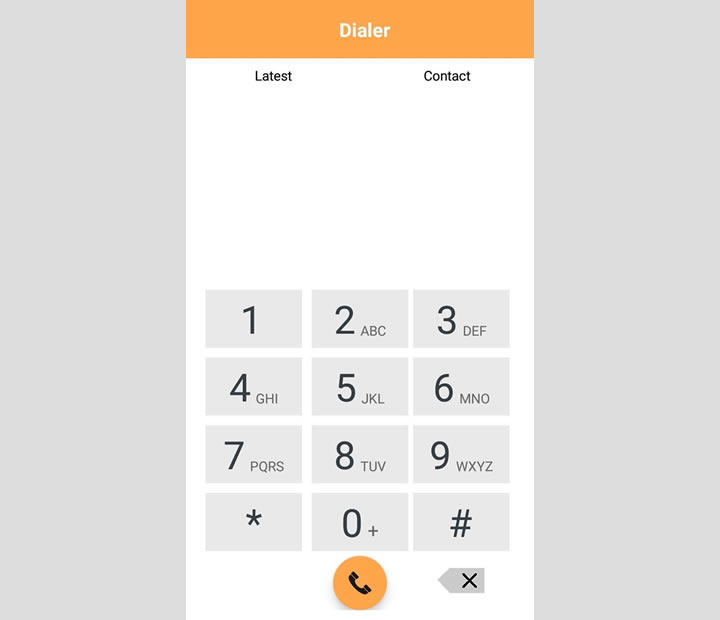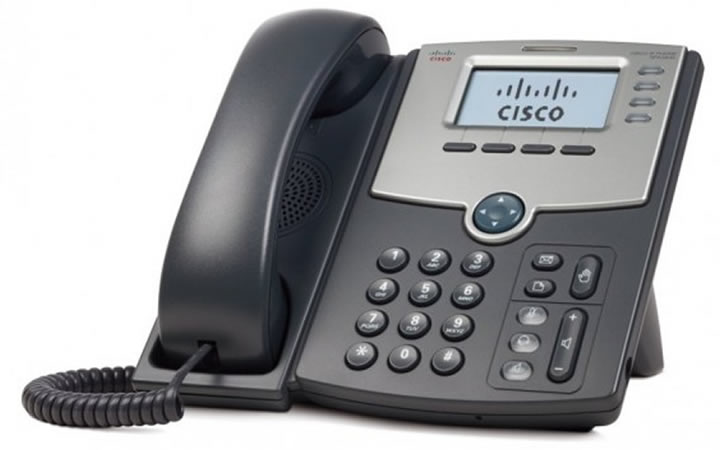More and more people choose VoIP technology over traditional communication systems. The multitude of features offered by Voice over Internet Protocol technology gives one the ability to communicate much easier. VoIP is one of the latest trends on the high-tech market and it enables network equipment to carry and send voice and fax traffic over an IP network.
VoIP technology started as far back as 1995 and back then it had one major drawback, the lack of broadband connection which resulted in poor voice quality. It still represented a major milestone for the telecommunications sector and it improved very much since then. In 2005, major voice quality issues were discussed and VoIP traffic was prioritized in order to ensure reliable, clear sounding, unbroken telephone calls.
There are many attractive packages available which include video phone offering. The way we make phone calls is changing and the emerging set of applications offered by VoIP has the potential to completely revolutionize the way the world’s phone systems operate. The possibilities offered by the VoIP technology are endless and calling centers around the world are promoting the sales of VoIP phone systems.
Many people use a softphone, a specially developed software application that loads the VoIP service onto their desktop or laptop. One must always be certain of exactly what is included with the system. Check for advanced call filtering features and enjoy the cost saving benefits. Also, enquire about the compatibility of existing equipment, in case there is any.
With VoIP technology one receives audio facilities, text messaging, contact list and some even offer webcam capabilities. One of its advantages is the unlimited talk time but be sure to watch out for hidden costs, insecure lines (vulnerable to viruses that can corrupt your computer and damage it) and also for spyware.
Advancement in VoIP technology continues to grow and now there are even wireless connections. The price of VoIP services depends on several factors including which Internet telephony service provider you choose for your service and the type of plan you decide upon. The best example for a cheap VoIP provider is Hottelecom
Most people focus on cost savings but there is more to VoIP than cheaper phone calls. Consider the infrastructure which is far simpler, the enhanced customer service and the high flexibility. The quality of service is undeniable and you can easily find reliable companies to choose from.
To improve performances, this technology employs encoding schemes and compression solutions in order to reduce the size of the voice packets and to transmit them more efficiently. Specialists also recommend a soft dialer in order to improve productivity.
A soft dialer connects over the LAN, and sends calls control commands including make call, transfer call, clear call. A high-speed Internet connection is required in order for the soft dialer to work properly and also one must have a good operating system. Choose hardware of high quality so that you can meet the minimum requirements for a soft dialer.
There are many advantages to a soft dialer including cost-effectiveness due to the fact that it doesn’t require extensive telephony components. Still, a soft dialer relies on answering machine and call progress detection capabilities which may lead to less functionality. But when you take the pro and cons of a soft dialer, you will easily see that this technology benefits you.

With a soft dialer a phone call is never more than one click away. It is fast and simple. A soft dialer is capable of functioning in predictive, preview, agent ready or power dialer mode. Many people are unaware that all dialing algorithms (software component) are soft. Basically, a soft dialer is when the algorithms interface via a CTI port on a switch that does the dialing.
People used to traditional phone services may find the soft dialer application quite daunting. The soft dialer allows one to make calls and to receive calls from any telephone or any subscriber around the world. One can easily download a soft dialer from many available websites and take advantage of the technology’s most noteworthy advantage.
Review of Cisco IP Phones
The term “soft phone” is a relatively new one being tossed about these days by VoIP-users and refers to client-side software that turns a desktop PC into an IP-based phone. Generally they are easy to install and use and offer effective integration with popular applications, such as Microsoft Outlook and give users the flexibility in how and when they receive and answer their calls. Let’s take a look at some of the most popular soft phones being offered by one of the IP phone systems leaders – CISCO.

Cisco provides a complete range of communications devices designed to take full advantage of the power of an individual’s converged voice and data network, while offering the convenience and user-friendliness usually expected from a business phone. Cisco Unified IP phones help improve productivity by meeting the needs of different user-organizations; from the main lobby to the busiest manager’s desk, from the manufacturing floor to the executive suite, as well as users at home, on the road, or in the branch office.
Cisco IP phones provide LCD displays, including dynamic softkeys for call features and functions, support for information services (including Extensible Markup Language capabilities), the ability to customize XML-based services to provide users with access to a variety of information such as stock quotes, employee directories, or any other Web-based content.
The Cisco IP Phone 7940 addresses the communication needs of a transaction type worker. It provides two programmable line and feature keys, plus a high quality speakerphone. The Cisco IP Phone 7940 also has four dynamic soft keys that guide users through call features and functions. Built-in headset port and integrated Ethernet Switch are standard with the Cisco IP Phone 7940. Also includes audio controls for full duplex speakerphone, handset and headset. The IP Phone 7940 also features a large, pixel-based LCD display. The display provides features such as date and time, calling party name, calling party number, and digits dialed.
The Cisco IP Phone 7960G is designed to meet the communication needs of professional workers in enclosed office environments-employees who experience a high amount of phone traffic in the course of a business day. This IP phone supports access to multiple telephone lines (or a combination of lines and direct access to telephony features) and includes high-quality, hands-free speakerphone capability and built-in headset connectivity. A large pixel-based display provides supplemental information, access to applications, and makes it easy to use telephone features.
The 4612 IP phone operates on your Internet Protocol (IP) voice network, This stylish phone incorporates a number of convenient features, such as a built-in headset jack, message waiting indicator, easily readable displays, hearing aid compatibility, NetMeeting compatibility, multiple programmable feature keys and display navigation keys.
